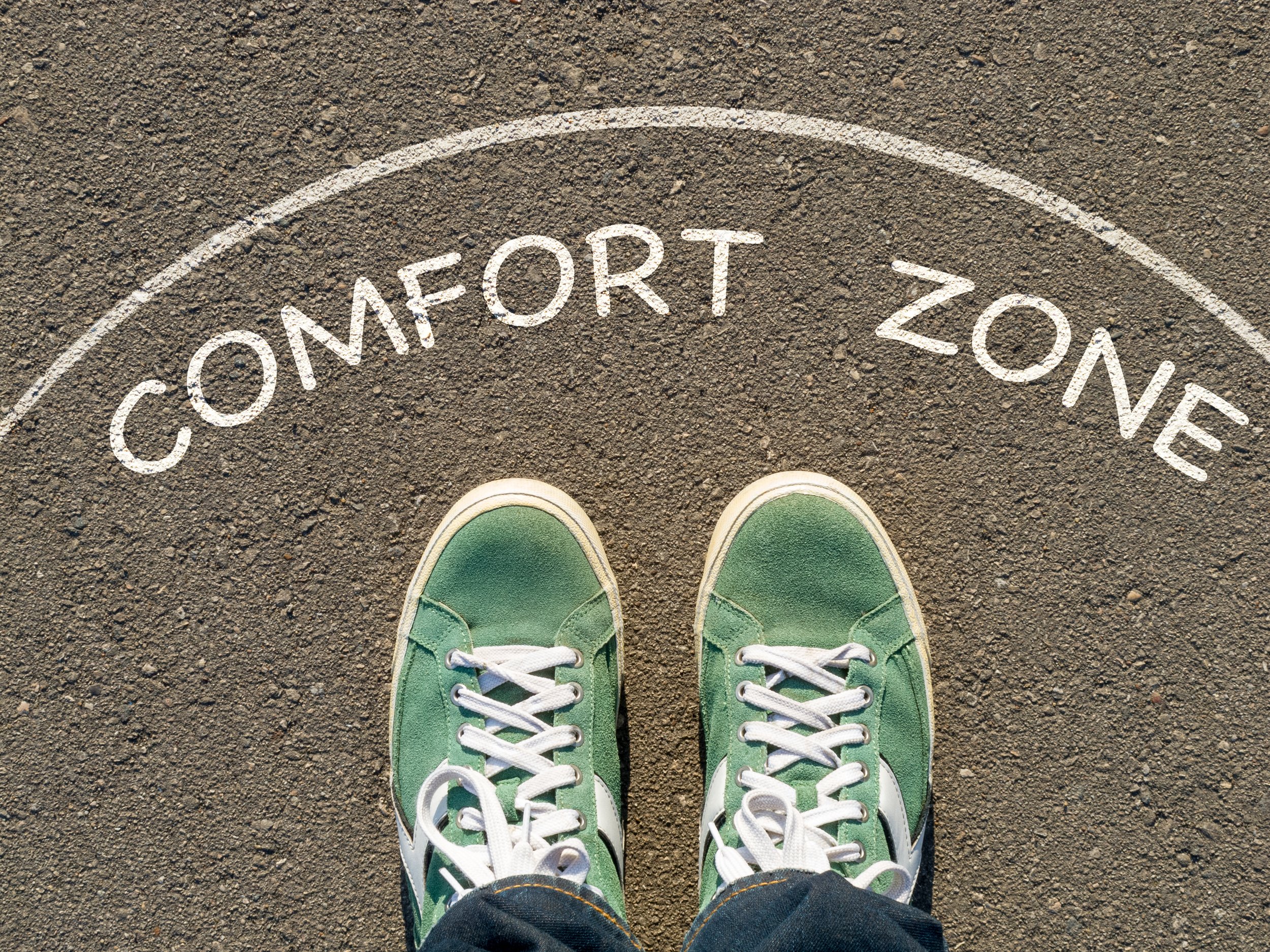Why are Massages Awkward?
Why are Massages Awkward?
Christian Mackin, co-founder & CEO, Massage Robotics
Massages offer a host of great benefits, from pain and stress relief to improved range of motion and flexibility. Yet, many people are reluctant to work with a massage therapist. Why?
Key takeaways:
The benefits of personal massage are widely proven, yet many people avoid getting them.
Disrobing, personal touch, and vulnerability are all triggers for massage anxiety.
Confusion about massage etiquette can make new or first-time interactions awkward.
Familiarity with massage can demystify the practice and eliminate awkward moments.
People don’t like being uncomfortable. In fact, they’ll often go to great lengths to avoid uncomfortable situations—even if it means sacrificing benefits. There’s no better example than massage.
Therapeutic massage is tremendously beneficial on so many levels, yet, given its relative accessibility, a wide swath of the population actively avoids massage because it makes them feel awkward. Why? The answer varies from person to person but usually stems from a level of insecurity that relates to the intimate nature of personal massage—from disrobing to physical touch to etiquette uncertainties.
Consider the following insights from massage practitioners that help shed light on what, exactly, makes massages awkward for some patients or clients.
Etiquette uncertainties. Every massage is different, and so is every massage therapist. This can create minor discrepancies between experiences—uncertainties that inject awkwardness into the moment. Even simple things like requesting certain areas be massaged or asking the therapist to change their pressure can spark an awkward moment, purely because the situation itself might have inconsistent variables.
Disrobing and exposure. Perhaps the most awkward part of any massage involves disrobing before it begins. “Disrobe to your level of comfort” is the mantra used by many practitioners; however, this doesn’t assuage the anxiety of the client. Is it awkward if they strip completely? Leave their undergarments on? Stay fully clothed? The anxiety of trying to determine “your level of comfort” can make the ensuing massage experience awkward and uncomfortable for those uncertain about their choice.
Lack of self-confidence. Body confidence plays a huge part in choosing to get a massage—and it can be a gateway to awkward moments. Describing (or showing) a birthmark, scar, skin tag, or other abnormality can be anxiety-inducing. Moreover, for those with persistent skin conditions like psoriasis or body acne, every touch from a massage therapist can feel like an awkward reminder of these conditions.
Physical touch. Some people are highly sensitive to touch. Whether it makes them anxious, inadvertently tickles them, or causes them to tense up, an uncontrolled response to the touch of a massage therapist can trigger awkwardness. Indeed, rather than risk the body’s uncontrolled response, many people simply forgo massage out of an abundance of caution.
Bodily responses. Speaking of bodily responses, let’s not forget about those natural noises that immediately invite awkwardness into the fold. Accidental flatulence can be common during massage—as can stomach grumbling, popping joints, and even snoring in the event a person falls asleep on the table. Fear of these awkward noises (and others) is one of the biggest barriers to massage for many people.
General nervousness. Fear of new people, places, or experiences can quickly induce anxiety. Picture a massage through the eyes of someone who has never experienced one before. Talking candidly about your body with a stranger. Undressing in a dimly lit room. Lying prone on a table. For those with anxiety (and even without it), therapeutic massage can seem awkward as a concept. The opinion of many is to avoid it altogether for fear of actually experiencing this awkwardness firsthand.
Cultural taboos. For better or worse, massage stands adjacent to some deeply engrained cultural taboos—namely, sex. While therapeutic massage has nothing to do with sex, society often conflates the two because of recurring stories about sexual misconduct at massage parlors or, worse, the exploitation of sex workers under the guise of massage. For many people, it’s easier to avoid the awkwardness of justifying therapeutic massages by simply not going at all.
For many people, actively choosing to get a massage and experiencing the benefits that accompany it means overcoming one or more of the aversions listed above. It’s why so many people don’t take advantage of massage therapy—and why the market for at-home self-massage products continues to grow. It’s also why innovations like massage robots are entering the market: to alleviate many of the anxieties that come with a human-to-human massage experience.
Whatever the reason for avoiding massage, education, and empathy are often the keys to making it more accessible to those who can benefit from it most. Until massage robotics are an industry standard, embracing the personal nature of massage therapy is the most direct route to embracing the tremendous benefits it offers.



